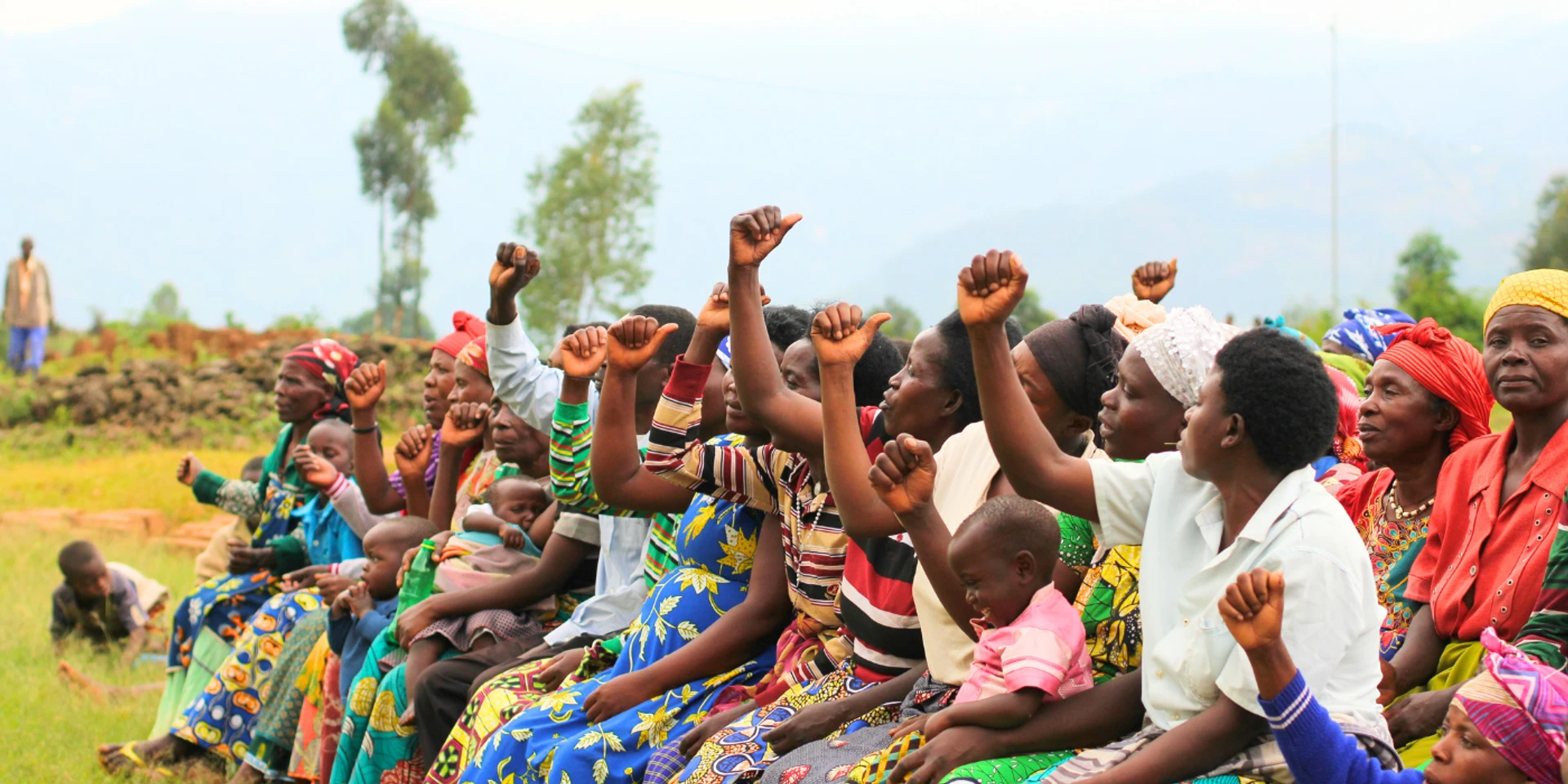Public authority and Ebola

The Firoz Lalji Institute for Africa has conducted research into the political, social and economic circumstances under which outbreaks of Ebola can spread or be contained.
By investigating how public authority shapes governance in regions affected by the virus, the research has better equiped policymakers to manage health responses based on knowledge of local power relations and popular social attitudes.
Below is the list of evidence-based research output on Ebola outbreaks by CPAID researchers. These range from academic papers to action-oriented research briefs and blog posts.
Papers
- 'Ebola: Public Trust, Intermediaries, and Rumour in the DR Congo', Joe Trapido, The Lancet, March 2019.
- 'Ebola and Public Authority: Saving Loved Ones in Sierra Leone', Melissa Parker, Tommy Matthew Hanson, Ahmed Vandi, Lawrence Sao Babawo, Tim Allen, Medical Anthropology, May 2019.
- 'Ebola, Community Engagement, and Saving Loved Ones', Melissa Parker, Tommy Matthew Hanson, Ahmed Vandi, Lawrence Sao Babawo, Tim Allen, The Lancet, June 2019.
Briefings
CPAID Researchers have contributed to expert advisory groups for the Social Science in Humanitarian Action Platform (SSHAP), a partnership between the Institute of Development Studies and Anthrologica with support from UNICEF, the Wellcome Trust, DFID and others.
The platform has produced a series of rapid operational briefs which focus on key socio-cultural considerations that may influence transmission and response, and present action-orientated recommendations that can be used to shape interventions and engagement. The briefs mesh long-term ethnographic research with issues emerging on the ground and are based on collaborations between international and local researchers, universities and partner institutes.
CPAID researchers have collaborated on the following briefings:
- Cross-Border Dynamics and Healthcare in West Nile, Uganda. (July 2019). Social Science in Humanitarian Action Platform.
- Key Considerations: Bushmeat in the Border Areas of South Sudan and DRC. (May 2019). Social Science in Humanitarian Action Platform.
- Rwanda-DRC Cross Border Dynamics. (April 2019). Social Science in Humanitarian Action Platform. Download the brief in French.
- Key Considerations: Ebola Preparedness and Readiness in Goma, DRC.(March 2019). Social Science in Humanitarian Action Platform. Download the brief in French.
- Key Considerations: the Context of North Kivu Province, DRC. (August 2018). Social Science in Humanitarian Action Platform. Download the brief in French.
- South Sudan-DRC Cross Border Dynamics. (2019). Social Science in Humanitarian Action Platform.
Policy Recommendations
- Preparedness, heightened response and systems strengthening for Ebola in Uganda (July 2020). Professor Grace Akello & Professor Duncan Green.
Blogs
- 'Ebola and Chiefs in Sierra Leone', Paul Richards, Africa at LSE, June 2019.
- 'Lessons from the Ebola outbreak in Sierra Leone', Tim Allen & Melissa Parker, Africa at LSE, August 2018.
- 'An experiment in Participatory Blogging on Ebola in Sierra Leone', Duncan Green, Africa at LSE, April 2018.
- '#PublicAuthority: What will happen when there is another Epidemic? Ebola in Mathiane, Sierra Leone', Tim Allen & Melissa Parker, Africa at LSE, February 2018.